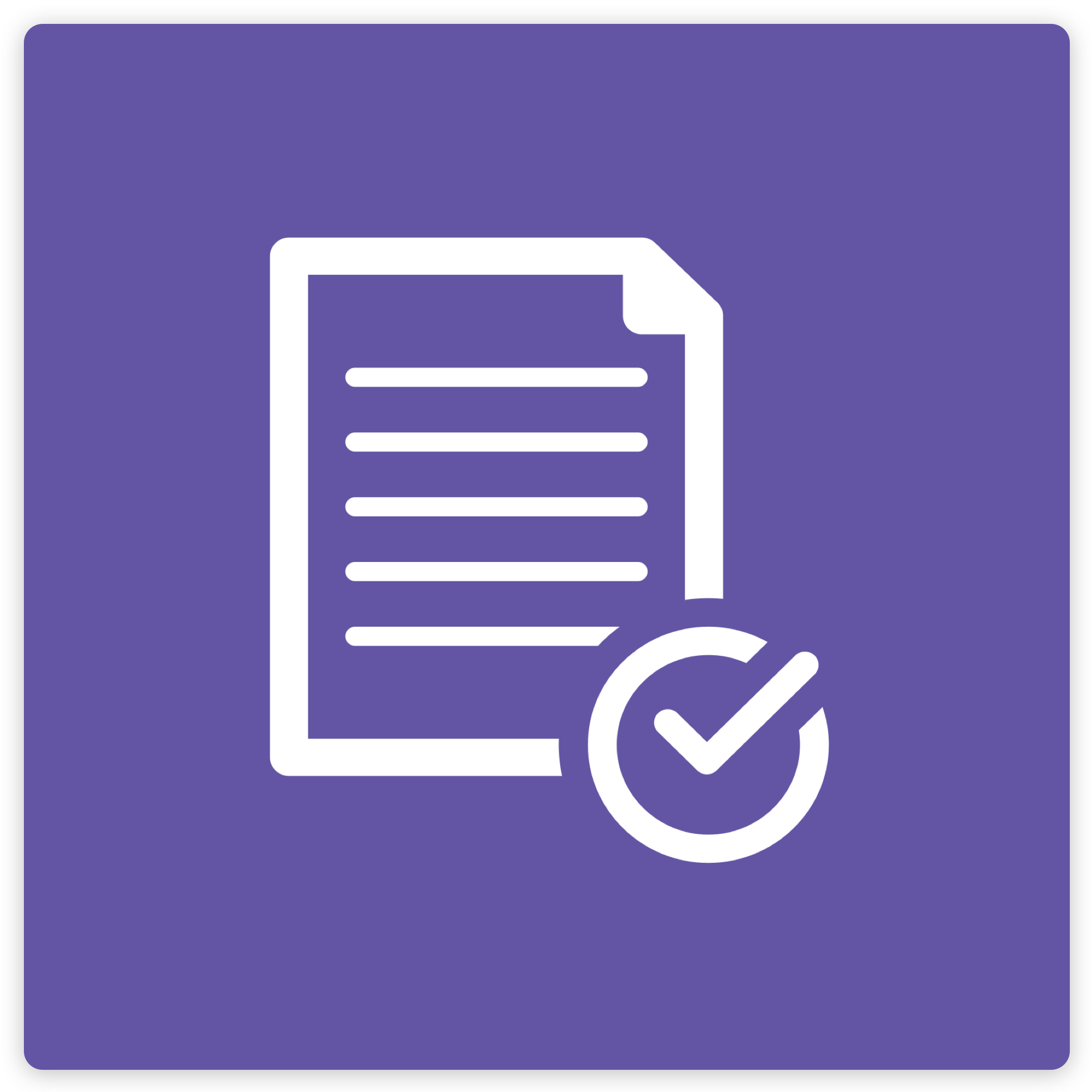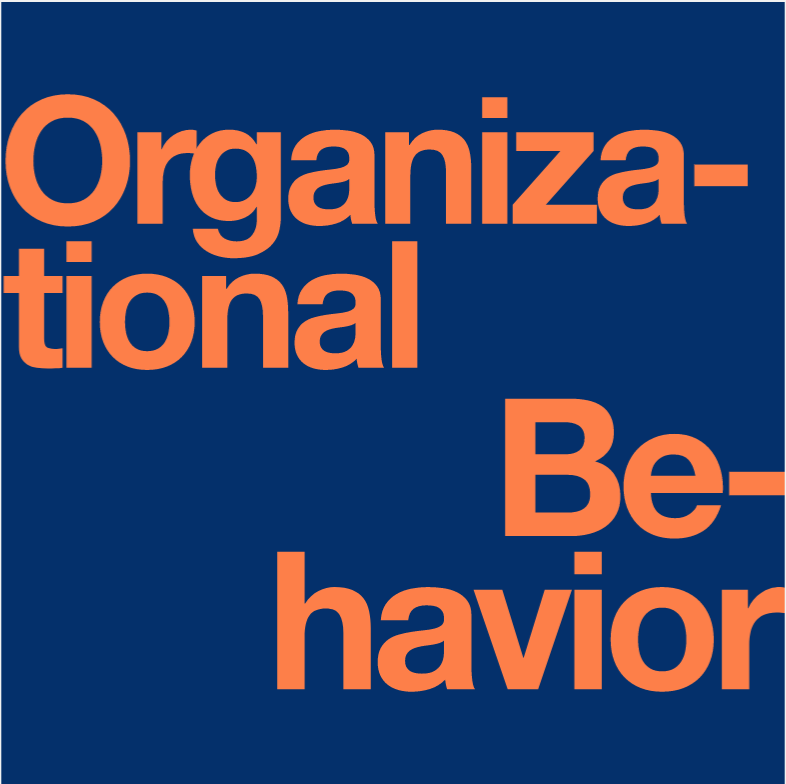
Organizational Behavior
The comprehensive contents from this OpenStax Organizational Behavior book, combined with Odigia’s Teaching and Learning Tools have everything you need to engage, collaborate, track and assess your students.
Helping Teachers Do What They Do Best: Teach

Customize
Use our courses as is or easily customize them to fit your teaching style and the needs of your students. You can add your favorite resources, hide and show our existing content and pre-built assessments, or make them your own. Everything your students need, in one place!

Engage and Collaborate
Odigia combines learning materials, discussions, and tools to create a familiar social experience for students allowing you to easily connect and redirect students attention.

Track
See how much time students are spending on different areas of the course, which areas are creating the most amount of engagement and identify topics the students are struggling with. Flag and provide feedback on assignments to proactively meet individual students' needs.

Assess
Game theory allows students to monitor their progress visually and motivates them to stay on track. Students can see exactly what activities they need to complete, which ones have been flagged and compare their progress against the overall class.
Organizational Behavior Course Outline
Introduction
- The Nature of Work
- The Changing Workplace
- The Nature of Management
- A Model of Organizational Behavior and Management
Individual and Cultural Differences?
- Individual and Cultural Factors in Employee Performance
- Employee Abilities and Skills
- Personality: An Introduction
- Personality and Work Behavior
- Personality and Organization: A Basic Conflict?
- Personal Values and Ethics
- Cultural Differences
Perception and Job Attitudes
- The Perceptual Process
- Barriers to Accurate Social Perception
- Attributions: Interpreting the Causes of Behavior
- Attitudes and Behavior
- Work-Related Attitudes
Learning and Reinforcement
- Basic Models of Learning
- Reinforcement and Behavioral Change
- Behavior Modification in Organizations
- Behavioral Self-Management
Diversity in Organizations
- An Introduction to Workplace Diversity
- Diversity and the Workforce
- Diversity and Its Impact on Companies
- Challenges of Diversity
- Key Diversity Theories
- Benefits and Challenges of Workplace Diversity
- Recommendations for Managing Diversity
Perception and Managerial Decision Making
- Overview of Managerial Decision-Making
- How the Brain Processes Information to Make Decisions: Reflective and Reactive Systems
- Programmed and Nonprogrammed Decisions
- Barriers to Effective Decision-Making
- Improving the Quality of Decision-Making
- Group Decision-Making
Work Motivation for Performance
- Motivation: Direction and Intensity
- Content Theories of Motivation
- Process Theories of Motivation
- Recent Research on Motivation Theories
Performance Appraisal and Rewards
- Performance Appraisal Systems
- Techniques of Performance Appraisal
- Feedback
- Reward Systems in Organizations
- Individual and Group Incentive Plans
Group and Intergroup Relations
- Work Groups: Basic Considerations
- Work Group Structure
- Managing Effective Work Groups
- Intergroup Behavior and Performance
Understanding and Managing Work Teams
- Teamwork in the Workplace
- Team Development Over Time
- Things to Consider When Managing Teams
- Opportunities and Challenges to Team Building
- Team Diversity
- Multicultural Teams
Communication
- The Process of Managerial Communication
- Types of Communications in Organizations
- Factors Affecting Communications and the Roles of Managers
- Managerial Communication and Corporate Reputation
- The Major Channels of Management Communication Are Talking, Listening, Reading, and Writing
Leadership
- The Nature of Leadership
- The Leadership Process
- Leader Emergence
- The Trait Approach to Leadership
- Behavioral Approaches to Leadership
- Situational (Contingency) Approaches to Leadership
- Substitutes for and Neutralizers of Leadership
- Transformational, Visionary, and Charismatic Leadership
- Leadership Needs in the 21st Century
Organizational Power and Politics
- Power in Interpersonal Relations
- Uses of Power
- Political Behavior in Organizations
- Limiting the Influence of Political Behavior
Conflict and Negotiations
- Conflict in Organizations: Basic Considerations
- Causes of Conflict in Organizations
- Resolving Conflict in Organizations
- Negotiation Behavior
External and Internal Organizational Environments and Corporate Culture
- The Organization’s External Environment
- External Environments and Industries
- Organizational Designs and Structures
- The Internal Organization and External Environments
- Corporate Cultures
- Organizing for Change in the 21st Century
Organizational Structure and Change
- Organizational Structures and Design
- Organizational Change
- Managing Change
Human Resource Management
- An Introduction to Human Resource Management
- Human Resource Management and Compliance
- Performance Management
- Influencing Employee Performance and Motivation
- Building an Organization for the Future
- Talent Development and Succession Planning
Stress and Well Being
- Problems of Work Adjustment
- Organizational Influences on Stress
- Buffering Effects of Work related Stress
- Coping with Work related Stress
Entrepreneurship
- Overview of Entrepreneurship
- Characteristics of Successful Entrepreneurs
- Business Model Canvas
- New Venture Financing
- Design Thinking
- Optimal Support for Entrepreneurship
This OpenStax resource aligns to introductory courses in Organizational Behavior. The text presents the theory, concepts, and applications with particular emphasis on the impact that individuals and groups can have on organizational performance and culture. An array of recurring features engages students in entrepreneurial thinking, managing change, using tools/technology, and responsible management; furthermore, the unique chapter on Social Media and Communication contextualizes the importance and implications of various platforms and communications methods.
About the authors:
Contributing Authors
J. Stewart Black, INSEAD
David S. Bright, Wright State University
Donald G. Gardner, University of Colorado-Colorado Springs
Eva Hartmann, University of Richmond
Jason Lambert, Texas Woman’s University
Laura M. Leduc, James Madison University
Joy Leopold, Webster University
James S. O’Rourke, University of Notre Dame
Jon L. Pierce, University of Minnesota-Duluth
Richard M. Steers, University of Oregon
Siri Terjesen, American University
Joseph Weiss, Bentley University


